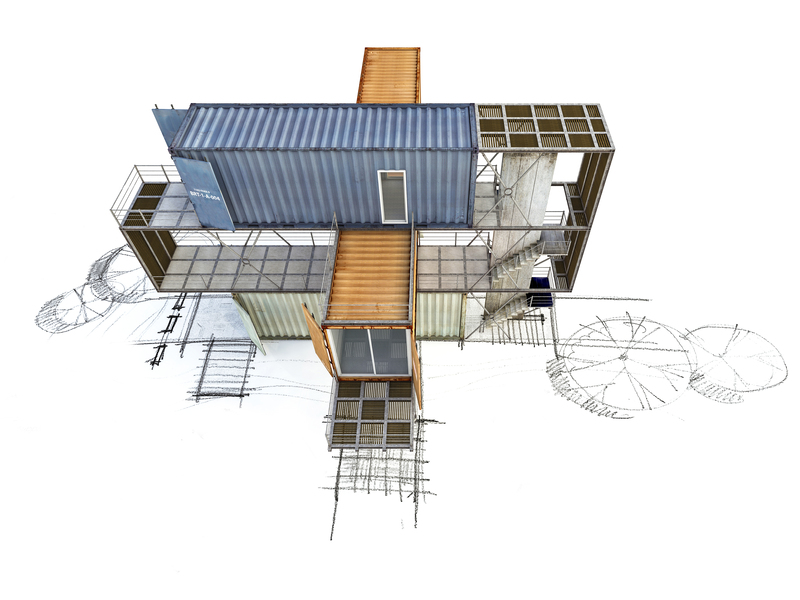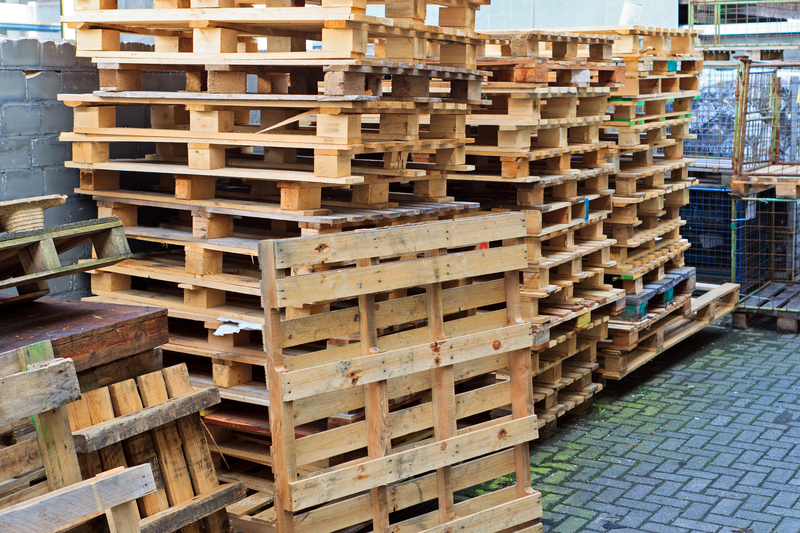New Horizons in Restaurant Food Waste Recycling
The restaurant industry, renowned for its culinary innovations, is becoming a forefront player in another critical movement--food waste recycling. As environmental concerns escalate, the traditional methods of waste management are giving way to more sustainable and innovative solutions. In this article, we explore the new horizons in restaurant waste management and delve into the technologies and practices that are reshaping the industry.
The Urgency of Addressing Food Waste
The statistics are staggering: nearly one-third of all food produced globally goes to waste, contributing significantly to greenhouse gas emissions. Restaurants, being a major contributor to this problem, now have a pressing obligation to adopt more sustainable practices. By integrating food waste recycling processes, they can significantly reduce their carbon footprint, foster a healthier environment, and even bolster their bottom lines.

Innovative Techniques in Food Waste Recycling
There are several groundbreaking techniques emerging in the field of food waste recycling. These innovative methods promise to transform how restaurants manage their waste:
1. Composting
- Traditional Composting: Many restaurants are returning to traditional composting, where organic waste decomposes naturally to form nutritious soil.
- Commercial Composting Services: More advanced initiatives involve partnerships with commercial composting services that can handle large volumes of waste efficiently.
2. Anaerobic Digestion
Anaerobic digestion is the process by which microorganisms break down organic matter without oxygen, producing biogas and nutrient-rich digestate.
- Biogas: This renewable energy source can be used to generate electricity or heat, providing a dual benefit of waste reduction and energy production.
- Nutrient-rich Digestate: This can be used as a fertilizer, closing the loop in sustainable agriculture practices.
3. Waste-to-Resource Technologies
- Bioplastics: Food waste can be treated to produce bioplastics, a biodegradable alternative to traditional plastics, reducing landfill dependency.
- Pet Food Production: Certain food waste can be repurposed into high-quality feed for pets, thereby creating a secondary revenue stream.
The Role of Technology in Food Waste Management
The proliferation of technology has led to advanced tools that aid in waste reduction and recycling:
Smart Waste Bins
Smart waste bins equipped with sensors can monitor and sort waste in real-time. These bins provide data that helps restaurants understand their waste patterns, enabling them to implement more effective waste-reduction strategies.
Food Waste Tracking Software
Software solutions allow restaurants to track their food inventory meticulously, preventing over-ordering and reducing spoilage.
- Data Analysis: In-depth analysis helps in understanding which items are wasted most and why, leading to informed decisions regarding menu planning and purchasing.
- AI-driven Insights: Artificial intelligence can predict trends and suggest adjustments to minimize waste proactively.
Government Policies and Incentives
Government policies are increasingly supporting waste reduction through legislative measures and incentives. Restaurants that actively participate in recycling programs can benefit from tax cuts and grants aimed at encouraging sustainable practices.
Key Policies
- Landfill Bans: Some regions are adopting bans on sending organic food waste to landfills, compelling restaurants to seek recycling alternatives.
- Incentives for Innovation: Grants and investment in green technology development further support restaurants willing to take this step.

Case Studies: Forward-Thinking Restaurants
Several establishments stand out for their innovative approaches to food waste recycling:
Locavore Bistro
Locavore Bistro operates with a zero-waste philosophy, using locally-sourced ingredients and employing composting and anaerobic digestion to manage kitchen waste.
Green Plate Restaurant
Green Plate's commitment includes a comprehensive waste audit and the implementation of smart waste technologies to drastically reduce its landfill contributions.
Conclusion: The Future of Restaurant Food Waste Recycling
The horizon looks promising for restaurants willing to embrace sustainable practices. By leveraging technology, innovative recycling techniques, and adhering to supportive policies, the restaurant industry can play a pivotal role in addressing the global food waste crisis. As more establishments lead by example, the ripple effect is expected to not only benefit the environment but also enhance the economic viability of sustainable restaurant operations.
Embracing these recycling strategies not only addresses waste management but also enhances a restaurant's brand image, attracting environmentally-conscious consumers and setting a benchmark for industry standards. Through continued innovation and commitment, the culinary arts can significantly contribute to a greener planet.